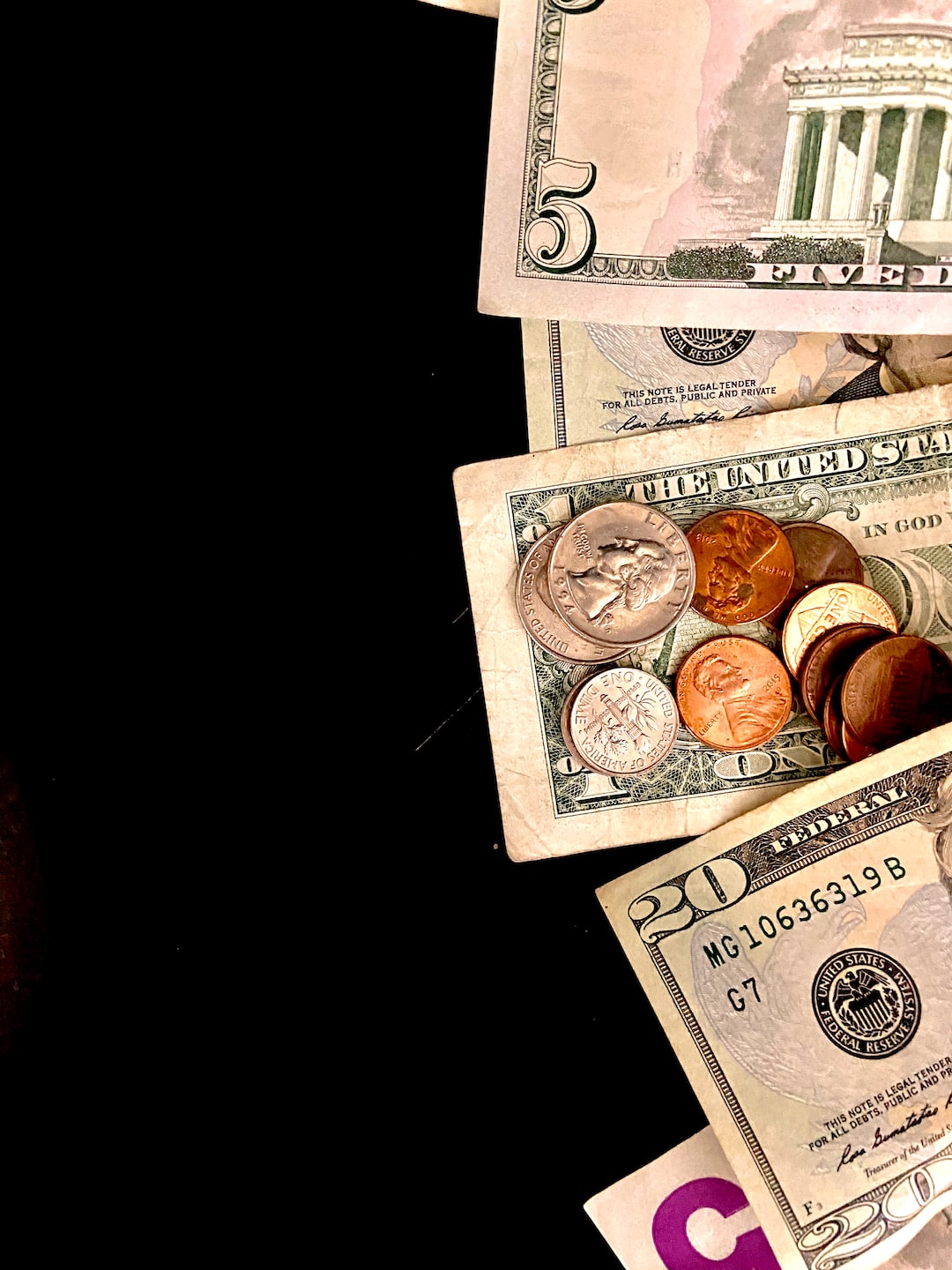Forex trading has gained significant popularity in recent years, with more and more individuals venturing into this financial market. It offers immense opportunities for profit, but it also comes with its fair share of risks. One of the most crucial decisions a trader has to make when entering the world of forex is choosing the right broker. In this article, we will explore the truth about forex trading and guide you on how to select the perfect broker for your trading needs.
Forex trading involves the buying and selling of currencies, with the aim of making a profit from the fluctuations in their exchange rates. It is a decentralized market, meaning that there is no central exchange where all transactions are conducted. Instead, trading is done over-the-counter (OTC), primarily through electronic platforms.
As a trader, your broker acts as the intermediary between you and the forex market. They provide you with a trading platform, access to real-time price quotes, and execute your trades. Therefore, it is crucial to choose a broker that suits your trading style, preferences, and objectives.
The first step in selecting the right broker for you is to assess your trading needs. Are you a beginner looking for user-friendly platforms and educational resources? Or are you an experienced trader seeking advanced trading tools and features? Knowing your requirements will help you narrow down your options.
Regulation is another crucial factor to consider when choosing a forex broker. Regulatory bodies ensure that brokers adhere to strict guidelines, protecting traders from fraudulent activities. The most reputable regulatory bodies include the Financial Conduct Authority (FCA) in the UK, the National Futures Association (NFA) in the US, and the Australian Securities and Investments Commission (ASIC). Ensure that your chosen broker is regulated by a recognized authority.
Trading costs are an essential consideration when selecting a broker. Brokers make money through spreads, which is the difference between the buy and sell price of a currency pair. Some brokers offer fixed spreads, while others have variable spreads that change depending on market conditions. Compare the spreads offered by different brokers to find the most competitive rates.
In addition to spreads, brokers may charge commissions on trades. This is more common in ECN (Electronic Communication Network) and STP (Straight Through Processing) brokers, who provide direct market access. Consider whether you prefer a commission-based or commission-free structure, depending on your trading volume and strategy.
Trading platforms are the primary tools traders use to execute their trades. The most popular platform is MetaTrader 4 (MT4), known for its user-friendly interface and extensive trading capabilities. However, some brokers offer proprietary platforms with unique features. Consider the platform’s functionality, ease of use, and availability on different devices (desktop, web, and mobile).
Another crucial aspect to consider is the broker’s customer service and support. Forex markets operate 24 hours a day, five days a week, so it is essential to have access to reliable customer support whenever you need it. Look for brokers that offer multiple channels of communication, such as phone, email, and live chat. Additionally, consider reading reviews and testimonials from other traders to gauge their experience with the broker’s customer service.
Leverage is a double-edged sword in forex trading. It allows traders to control larger positions with a smaller amount of capital, magnifying potential profits. However, it also increases the risk of significant losses. Different brokers offer varying leverage levels, so choose a broker that offers leverage that aligns with your risk tolerance and trading strategy.
Lastly, consider the broker’s additional features and offerings. Some brokers provide educational resources, including webinars, tutorials, and market analysis, which can be beneficial for beginner traders. Others offer demo accounts, allowing you to practice trading with virtual money before risking real funds. Evaluate these additional features to enhance your trading experience.
In conclusion, choosing the right broker is crucial for successful forex trading. Assess your trading needs, consider regulation, trading costs, platforms, customer service, leverage, and additional features when making your decision. Remember, forex trading is a journey, and finding the perfect broker that aligns with your goals and preferences will significantly contribute to your success in this dynamic and exciting market.






